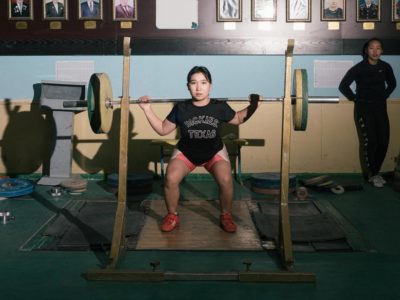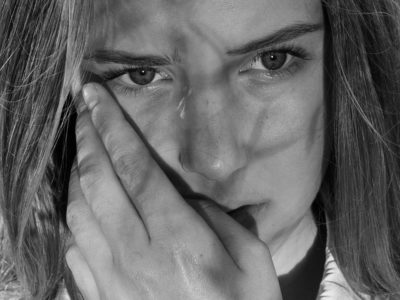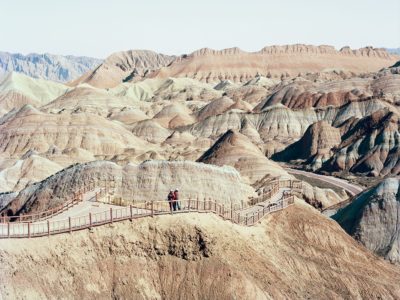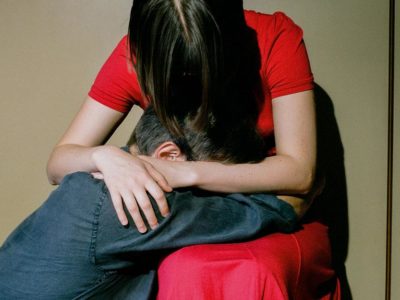Terra Vermelha — Tommaso Protti Exposes the Bleak Reality of the Amazon Rainforest
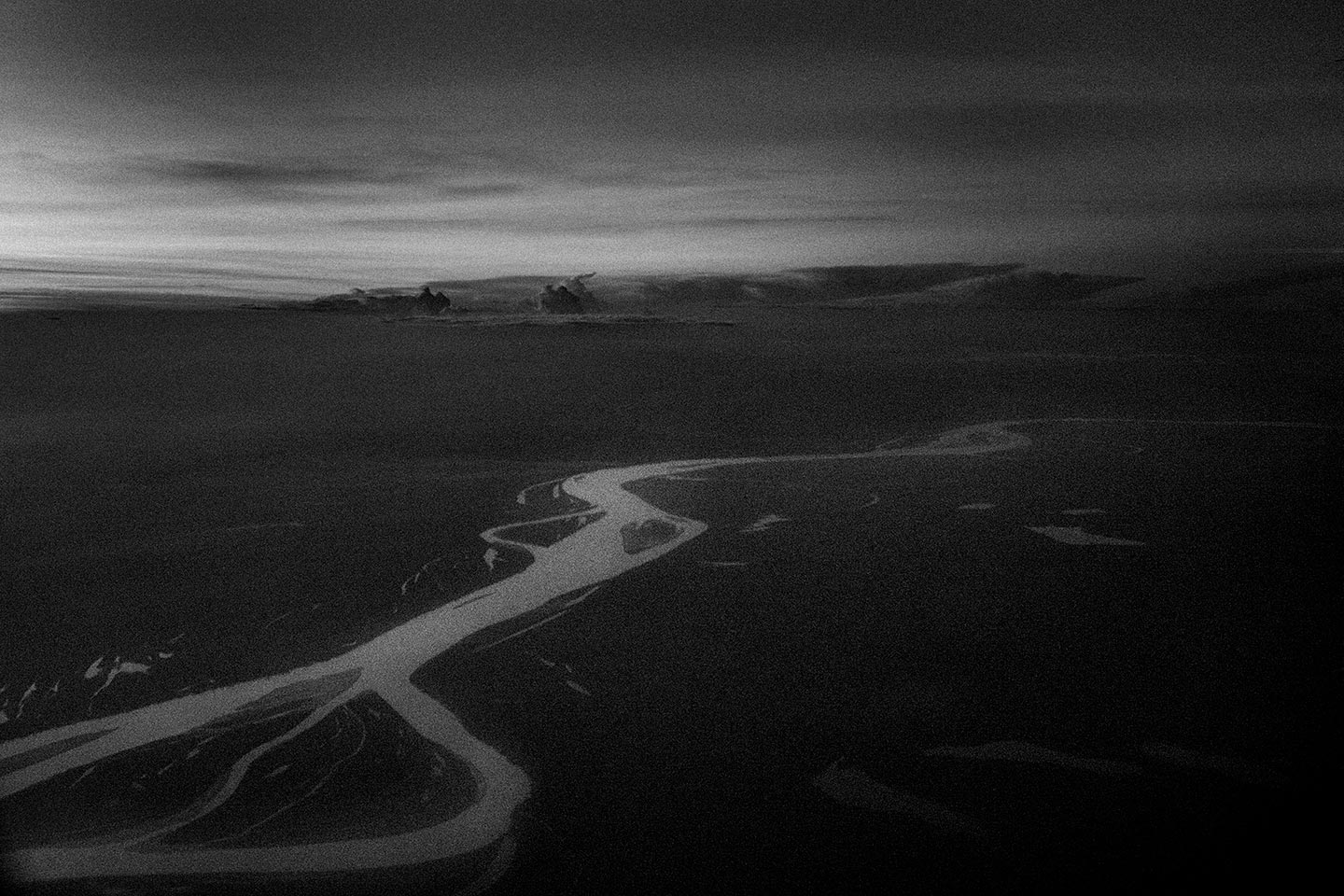
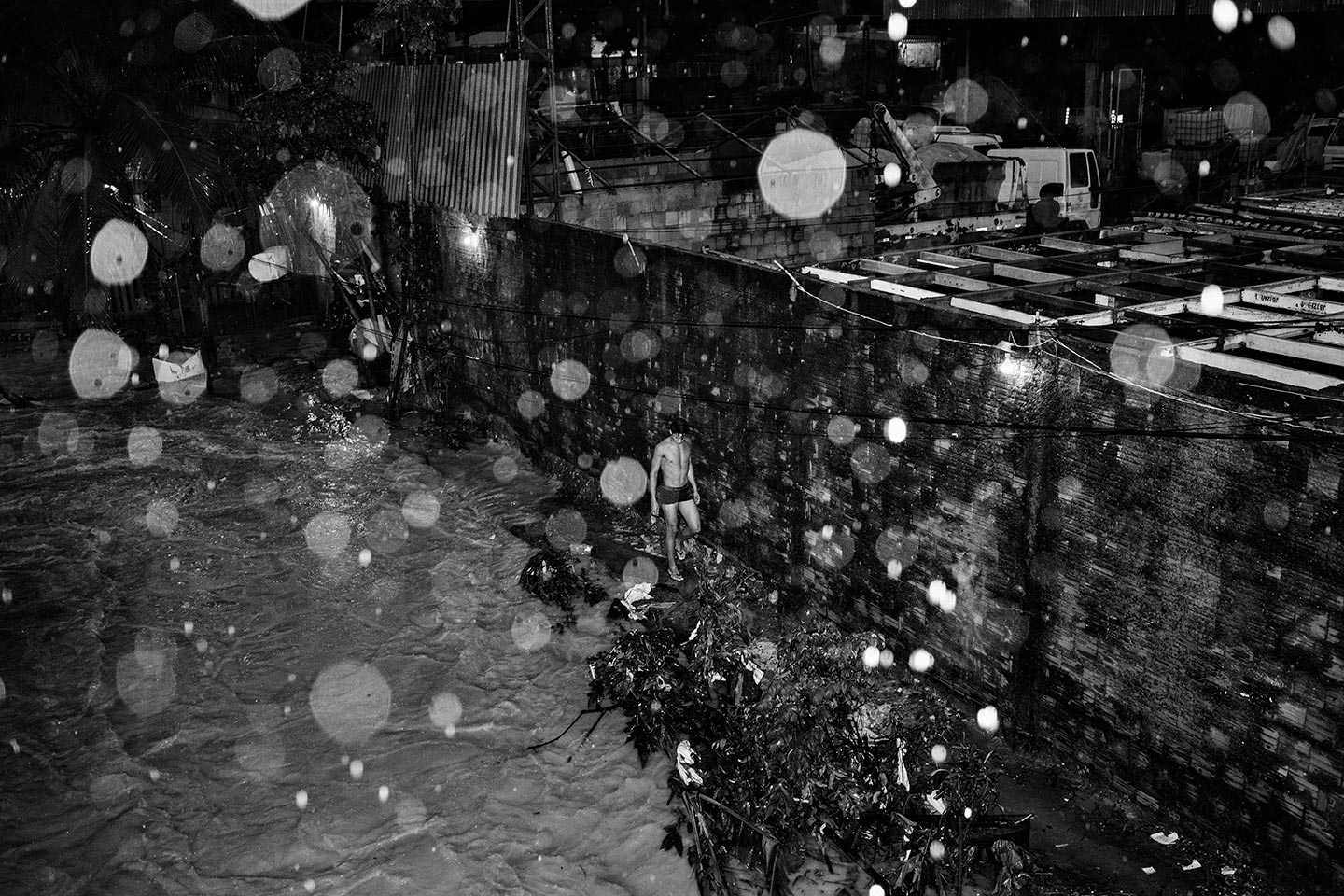
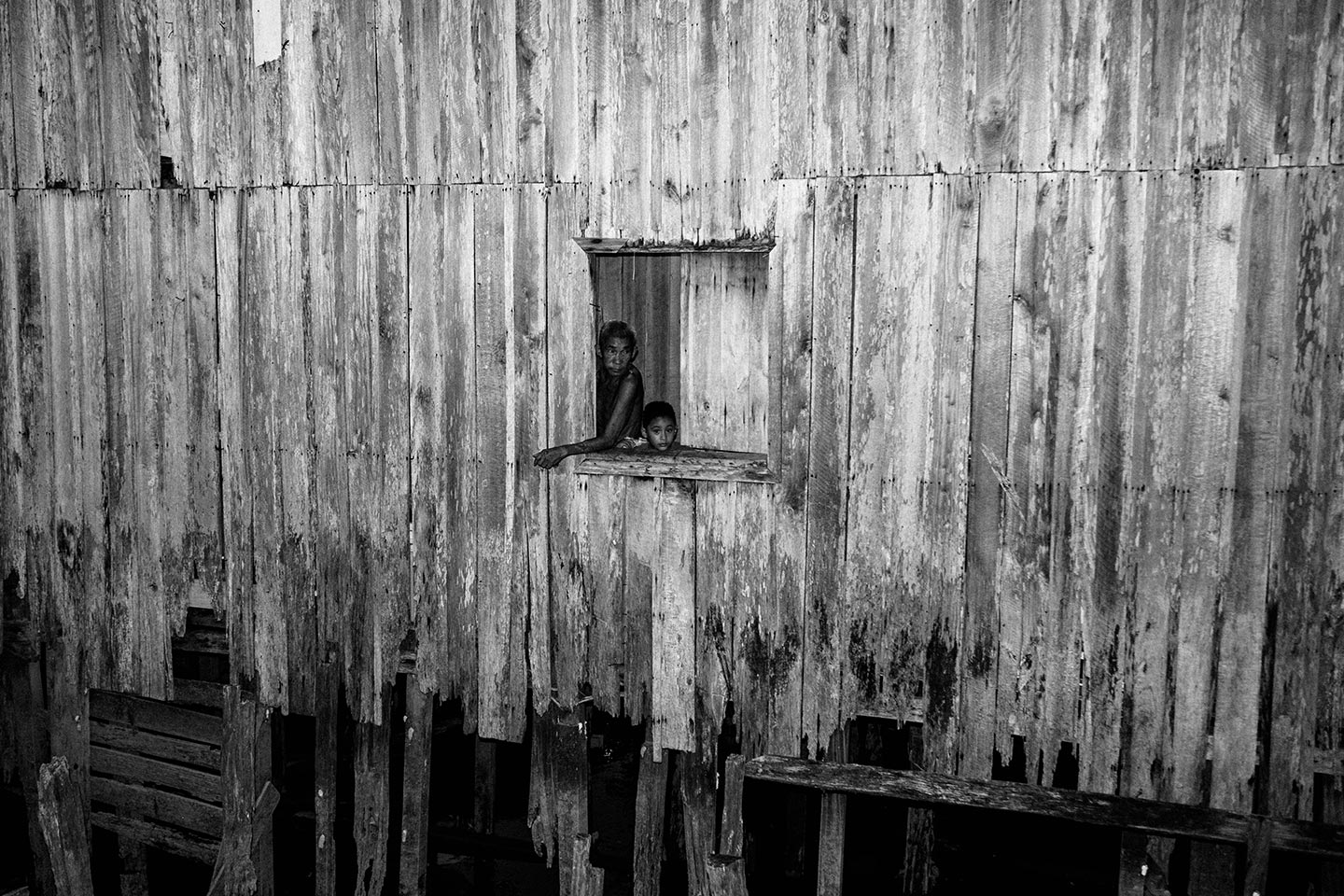
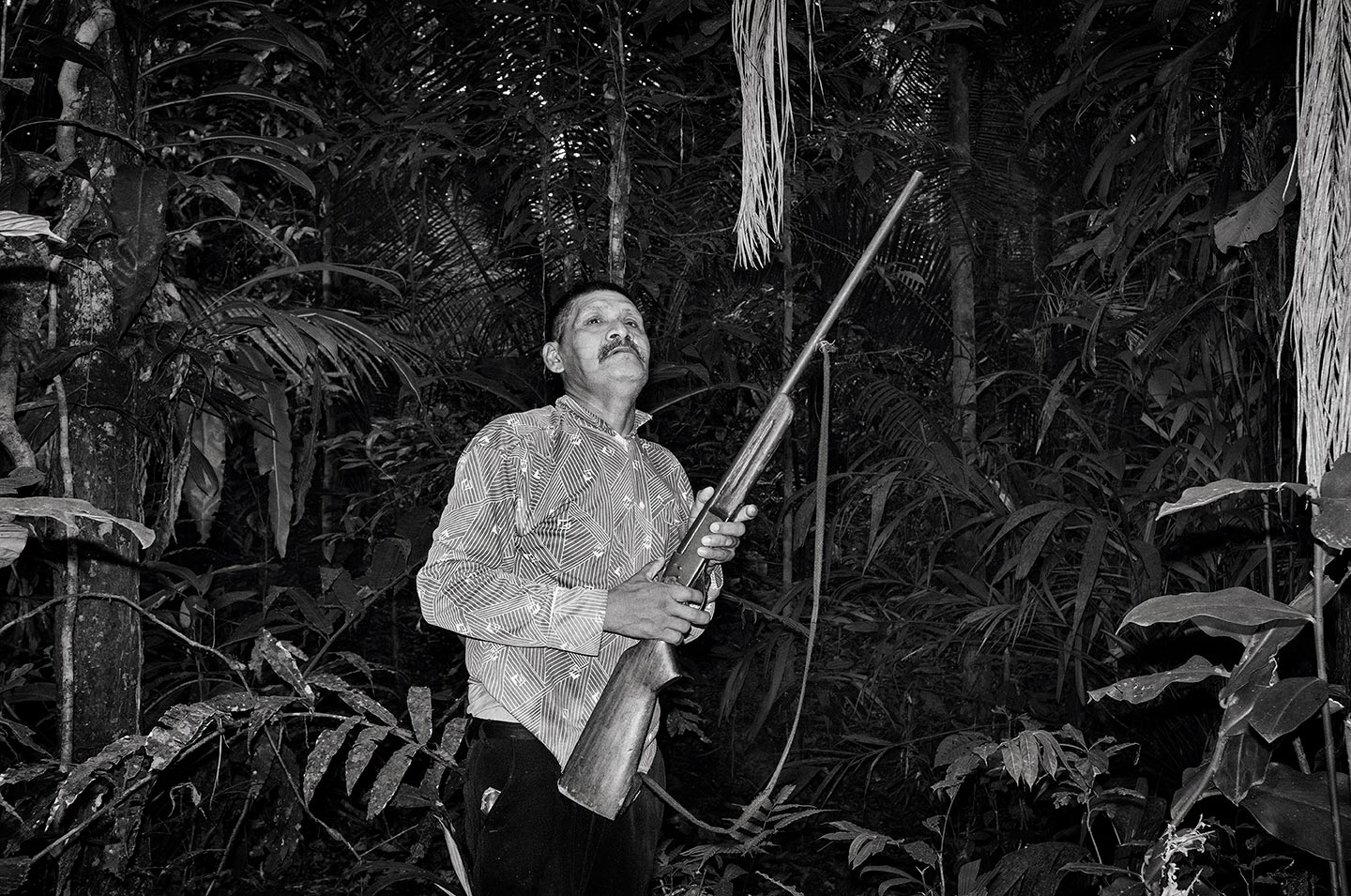
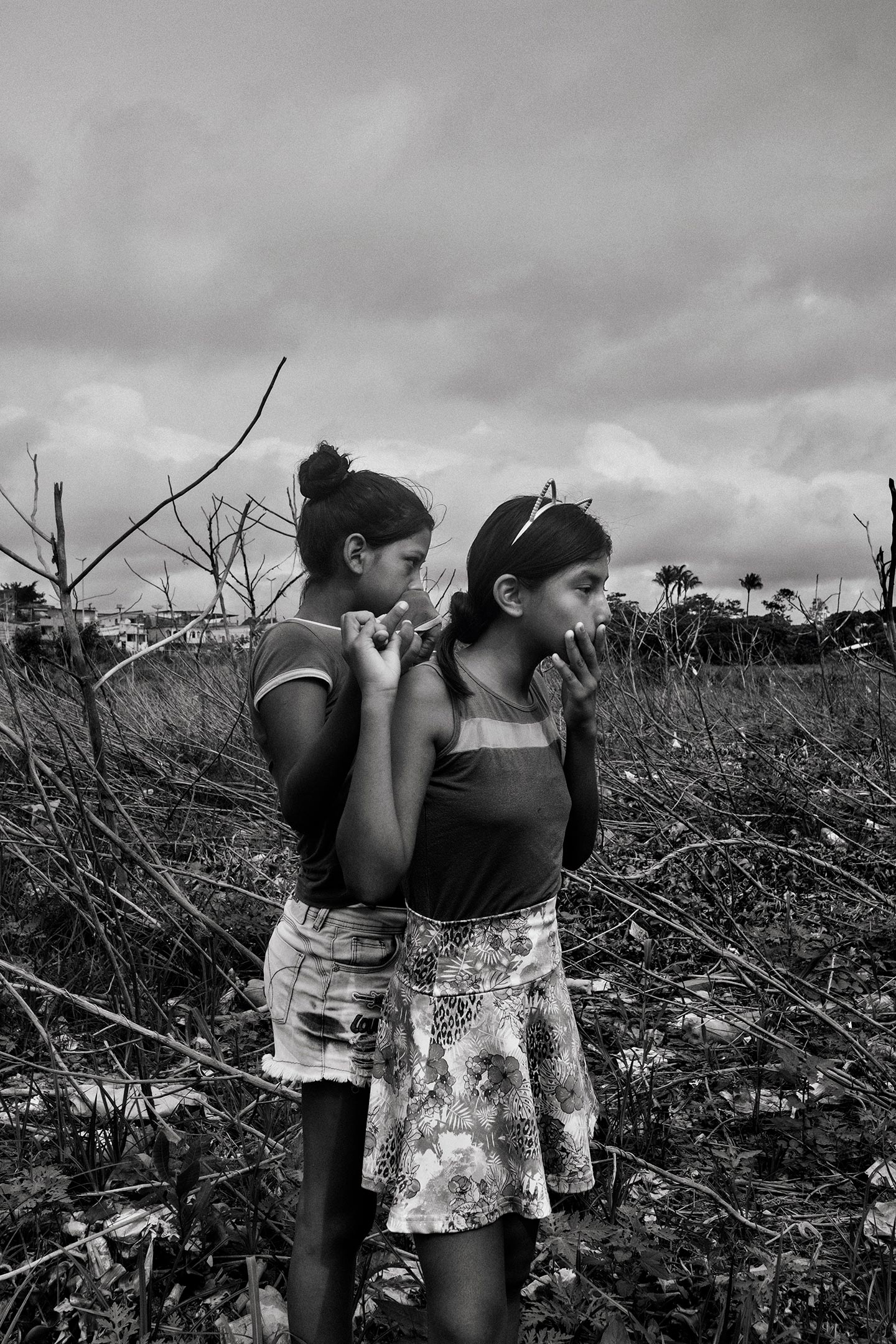
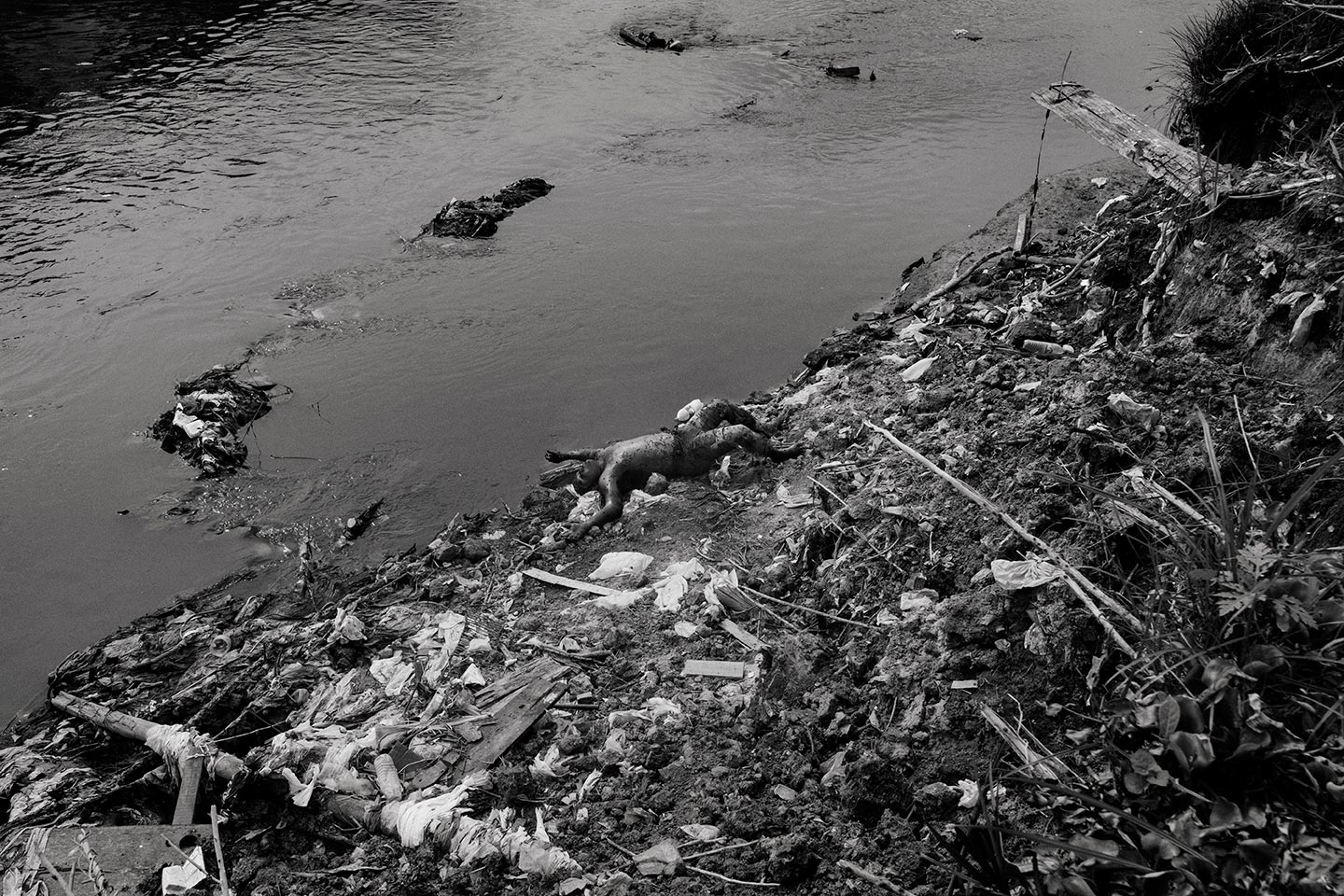
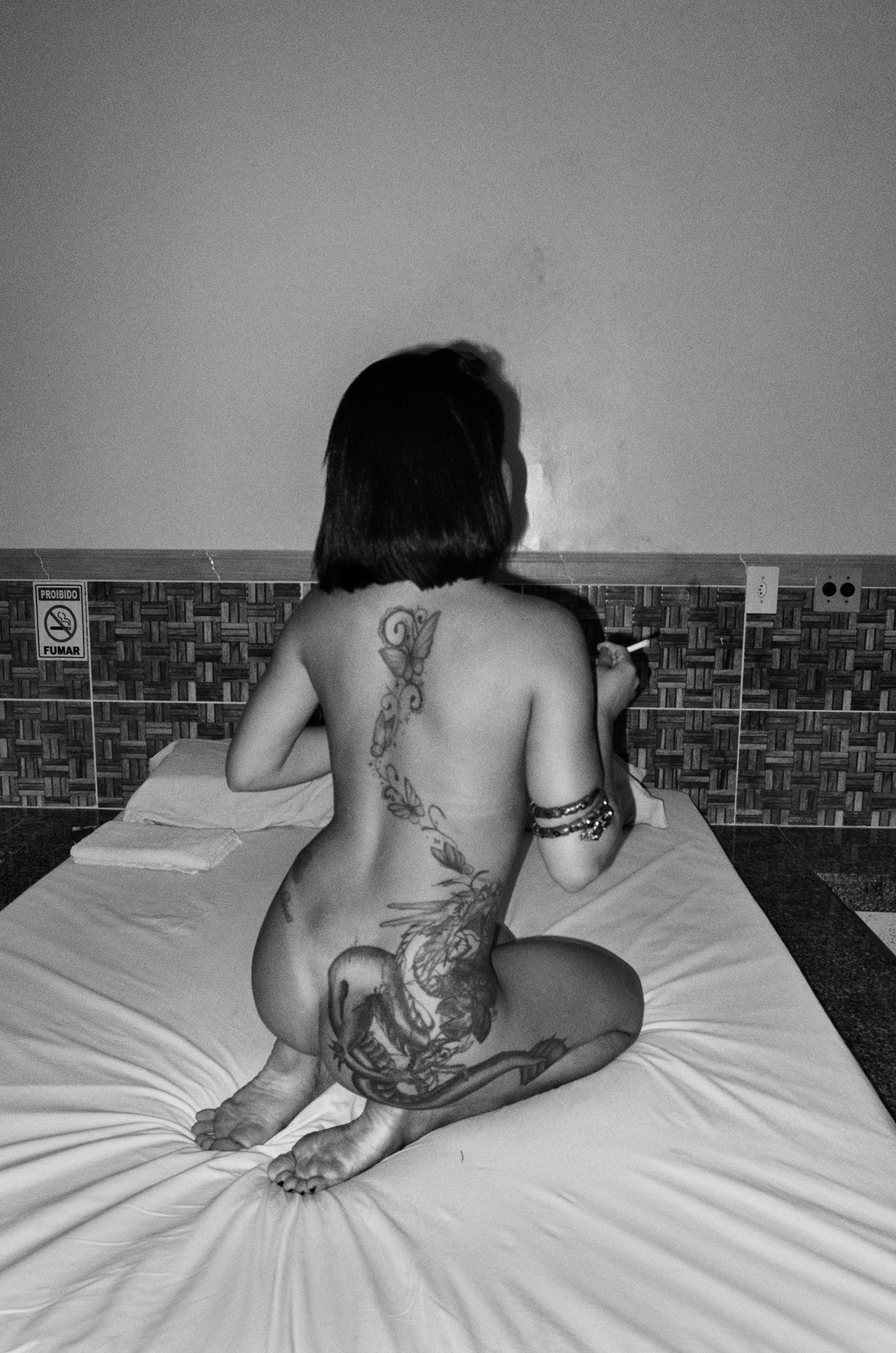
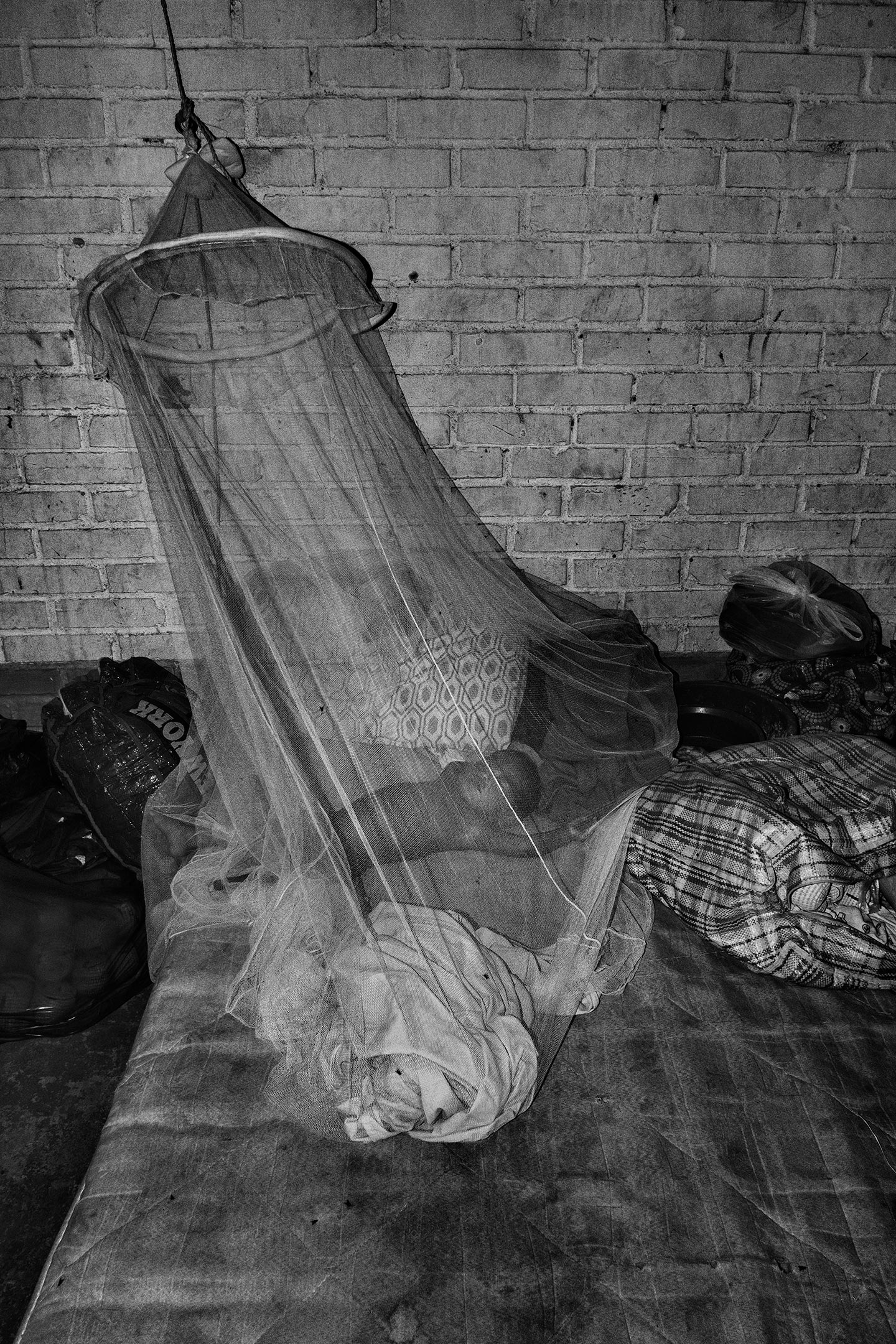
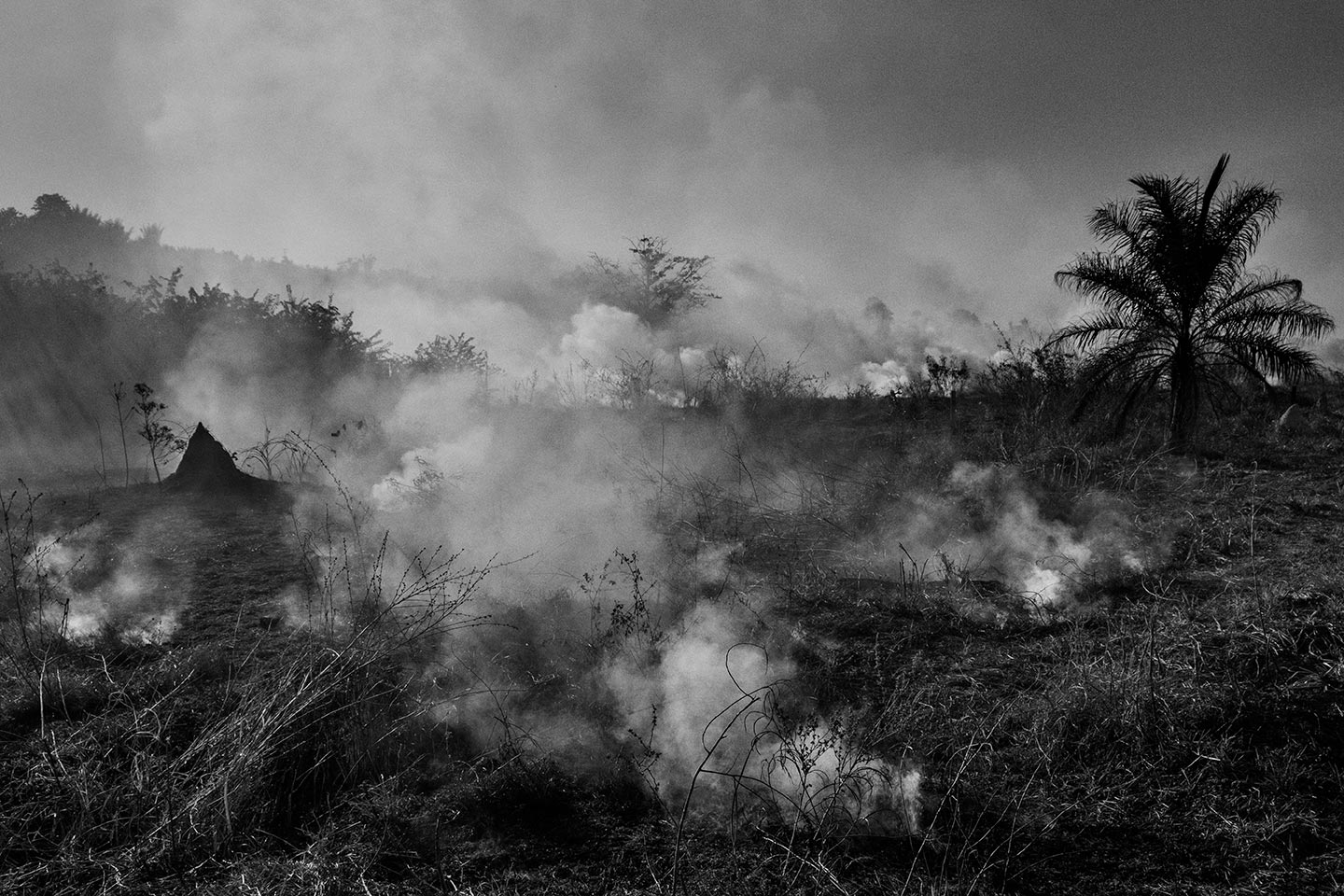
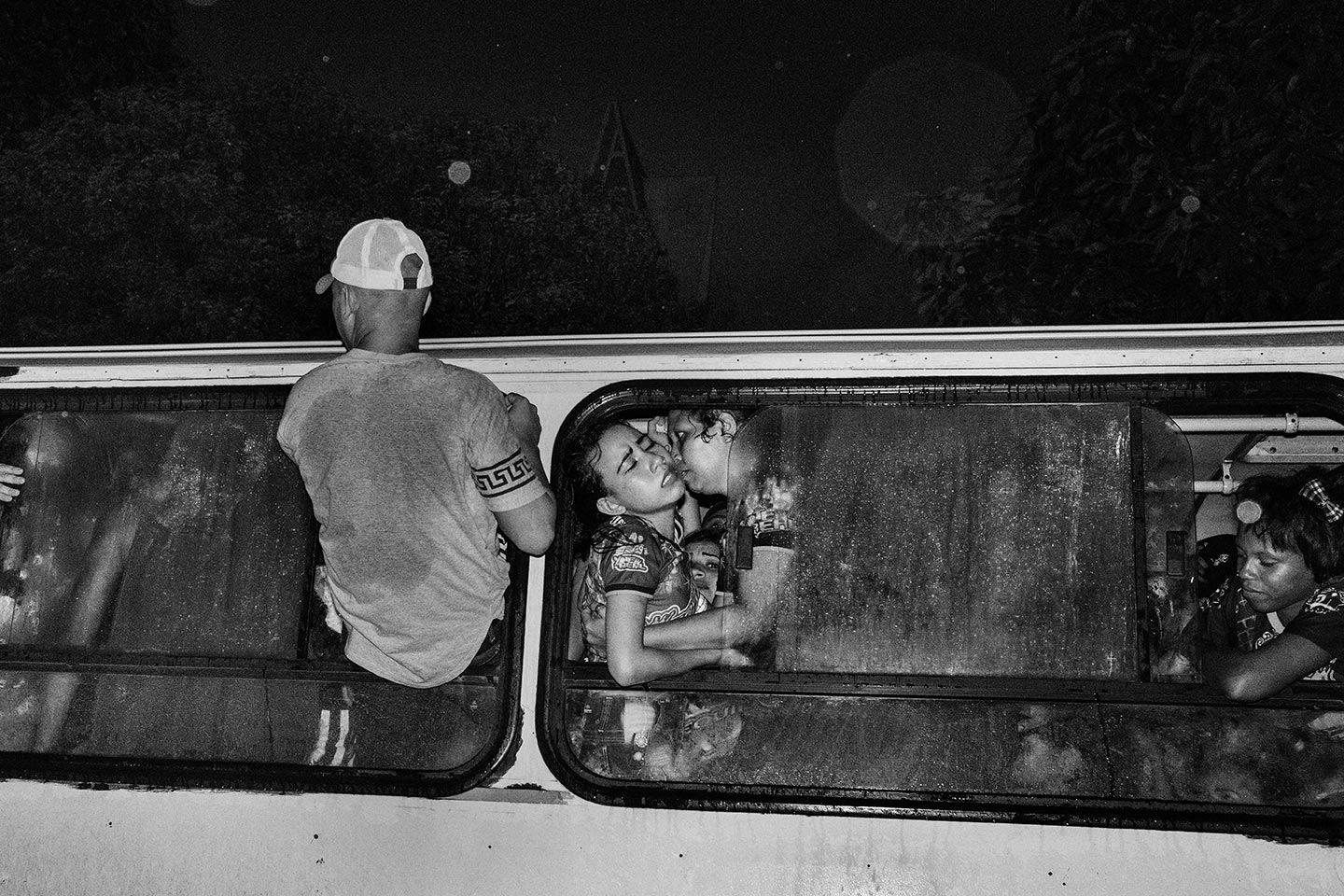
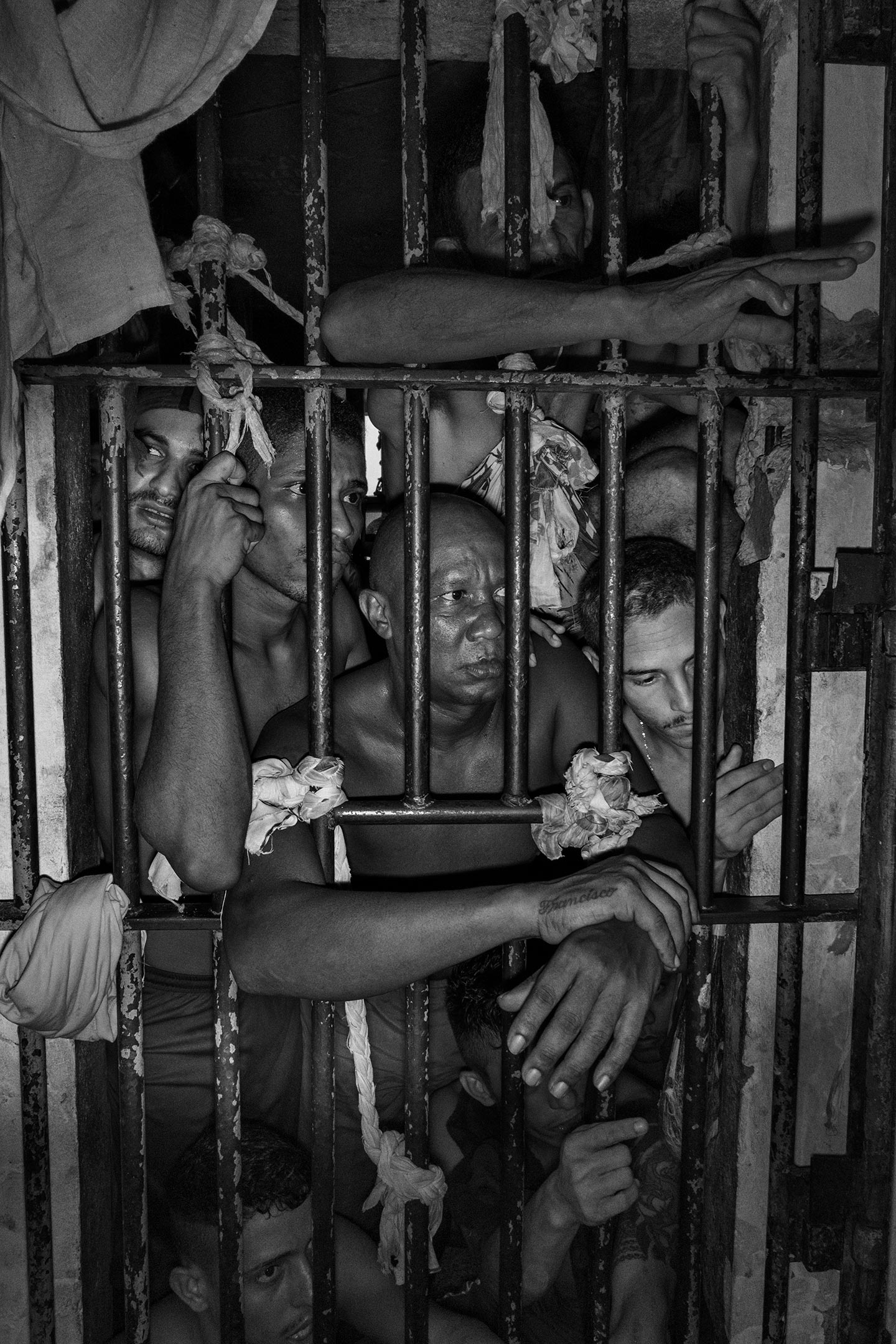
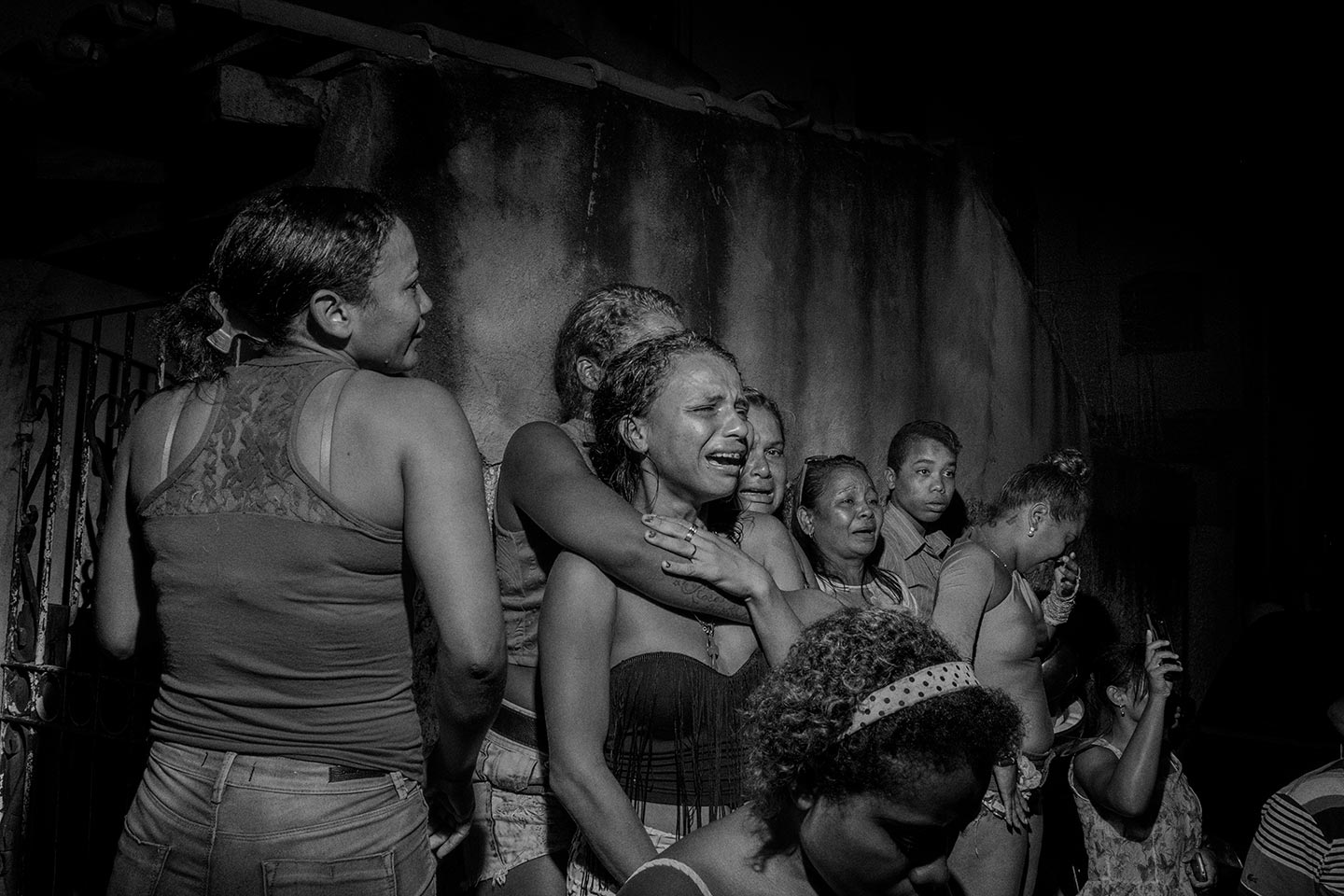
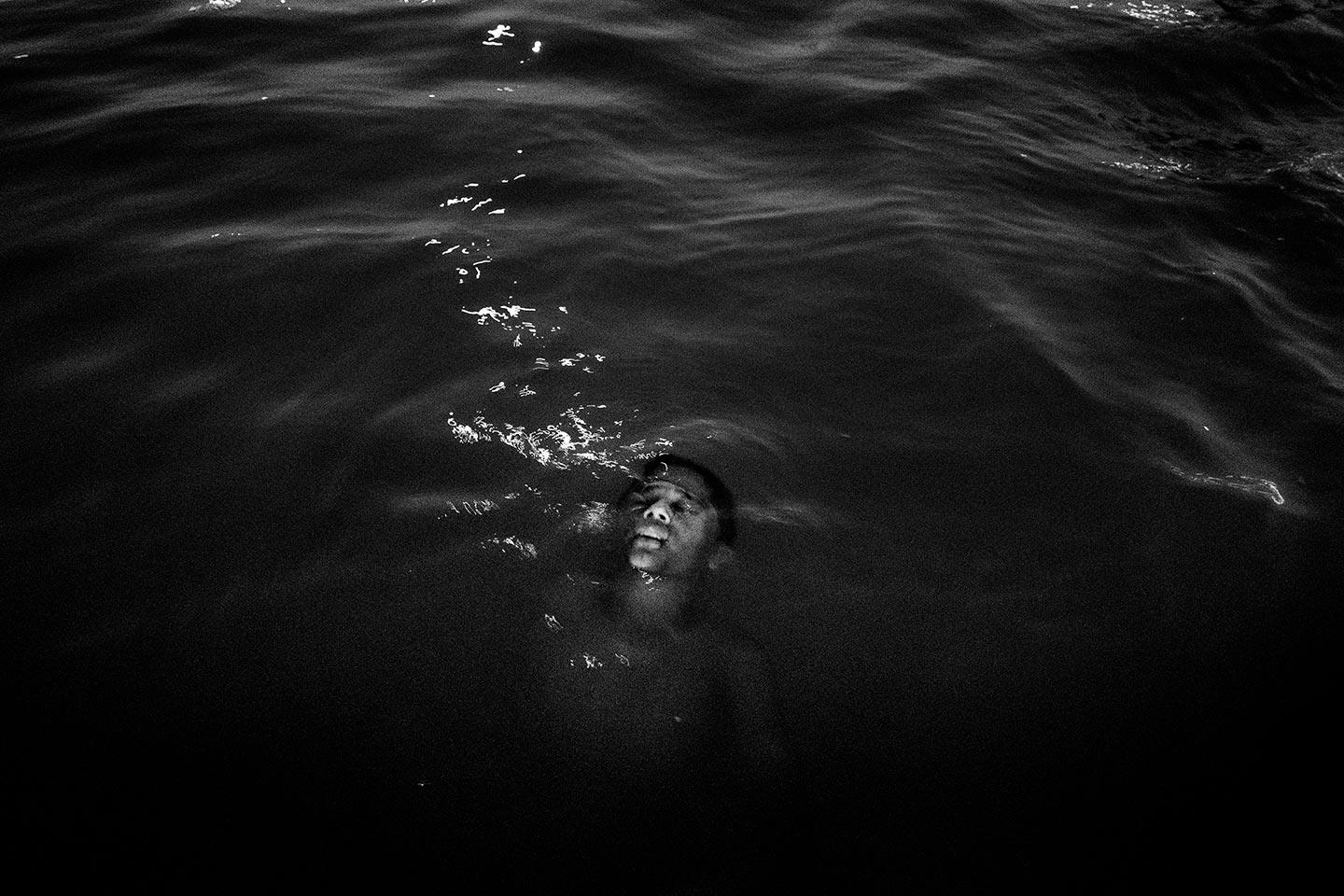
Terra Vermelha by 32 year-old Italian photographer Tommaso Protti is “a portrait of the modern-day Brazilian Amazon: a place where social and humanitarian crises overlap with the ongoing destruction of the Amazon rainforest, the lungs of the planet. In recent years, environmental destruction as well as rural and urban violence have reached unprecedented heights in Brazil’s Amazon. The region is the deadliest in the world for land and environmental defenders, and its urban centers have become amongst the most violent in the world due to the rapid and uncontrolled urban expansion and drug wars from increased cocaine production. The project is ongoing and explores all the intersecting social and environmental crises of the region.”
Tommaso started working in Amazonia on assignment with British journalist Sam Cowie, mostly to cover drug wars stories, “but as Brazil entered major political and economic crises, deforestation began to rise and killings of indigenous environmental activists soared, we realized something bigger was at stake—not just for Brazil but for the whole planet. At some point we felt the need to convey our experiences and such a variety of themes into one story and undertake a long-term project that could offer a new vision of the modern Amazon. Sam and I felt the necessity to join forces and combine his writing with my photographs. We both wanted to avoid the cliché of the Amazon as the pristine home of isolated tribes and wild animals. We wanted to talk about the underreported bloodshed and destruction taking place in the region. Working with a journalist helped me see things that I was not paying attention to as a photographer: the constant exchange of information and impressions between us moved the work forward. The greatest challenge now is to keep going.”
The situation of the Amazon region concerns the entire world, Tommaso believes: “The increasing levels of crime in the Brazilian Amazon affect us all. Sometimes we are even unknowingly responsible for what’s going on there: the various forms of violence taking place in the region are consequences of the dynamics of the global market and the higher demand for consumption, from cocaine to beef. Several influential scientists think deforestation is reaching a point of no return due to a number of factors like the illegal timber market, land grabbing, agricultural expansion, publicly and privately funded urban development and mining for natural resources. I believe it is important to raise awareness and question what is happening: is there something we can do about all this? If so, what’s stopping us? The situation in the region worsened in recent years since Brazil fell from a political crisis into an economic one, and resources to defend the Amazon have been slashed. With the rise of an ever so powerful anti-environmental and human rights orientated congress, this is not a problem that is going away any time soon. If anything, it will only get worse.”
Of the Terra Vermelha images, all shot in black and white, Tommaso says: “I wanted the work to be clear and direct, so I followed an investigative method. At the same time, I felt the urge to create a more personal visual narrative that could transcend the classic photojournalistic approach and tell something of myself and of my experiences there. I think the work reflects my attitude of experimenting, adapting, investigating and evolving as a photographer. With my pictures, I would like to communicate that reality needs to be seen with beauty even when it is ugly.” Tommaso hopes his viewers will “find my work honest and be curious about it. I hope it will provoke a reaction and make people question their habits. Ideally, they won’t just look at my images but also feel inspired to do their own research for more information.”
Tommaso’s approach as a photographer is rooted in documentary photography: “I studied Political Science at the university, and my interests in photography sort of came from there. Essentially, I want to be a witness, to be in the field, to meet and talk with people and to try and capture it all in my photos.” The main influences on his work have been history, cinema and art in general, “the books by journalists Ryszard Kapuściński and Ettore Mo, and the commitment of photographers Don McCullin and James Nachtwey. But then again, I have been mainly influenced by the things that have cut my path—the people I’ve met, the places I’ve explored.” Some of his favorite contemporary photographers are Matt Black, Roger Ballen, Nan Goldin, Jacob Aue Sobol, Alec Soth, Stephen Shore, Alex Majoli and Francesco Zizola. The last photobook he bought was Cidade de Pedra by Antoine d’Agata.
Tommaso’s #threewordsforphotography are:
Amazon. Violence. Dark.
Keep looking...
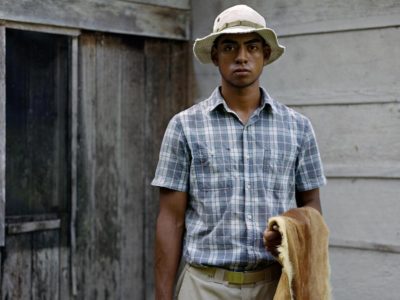
Themes of Family, History and Colonialism Blend in Drew Leventhal’s Series ‘Yosh’

The Model Family — Tealia Ellis Ritter Shares Images from her Very Unique Family Album

Precious Things — Anabela Pinto Stages Our Complicated Relationship with Technology
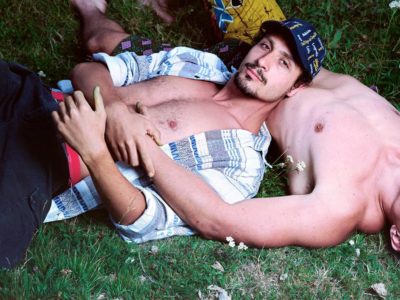
FotoFirst — Jesús Madriñan Portrays the New and Diverse Pilgrims to Santiago de Compostela
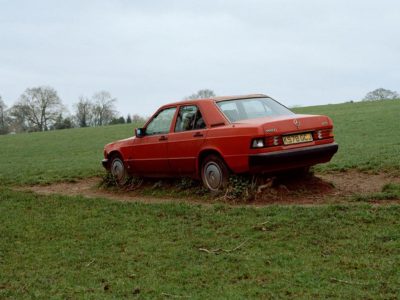
Terrain Vague — Joseph Horton Photographs the ‘Non-Places’ Along the Heads of the Valleys Road
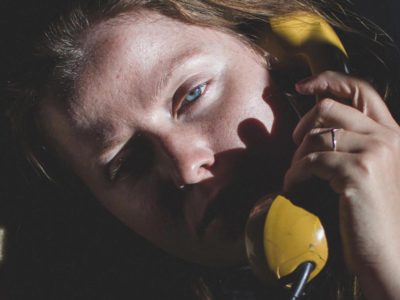
Anna Szkoda’s Cinematic Images Are Inspired by the Incredible Story of ‘The Sirius Case’
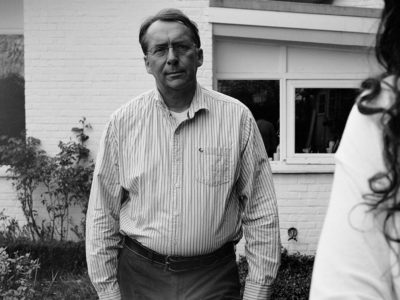
Safe House — Lea Thijs Photographs Her Father, Who Suffers from Bipolar Mood Disorder
